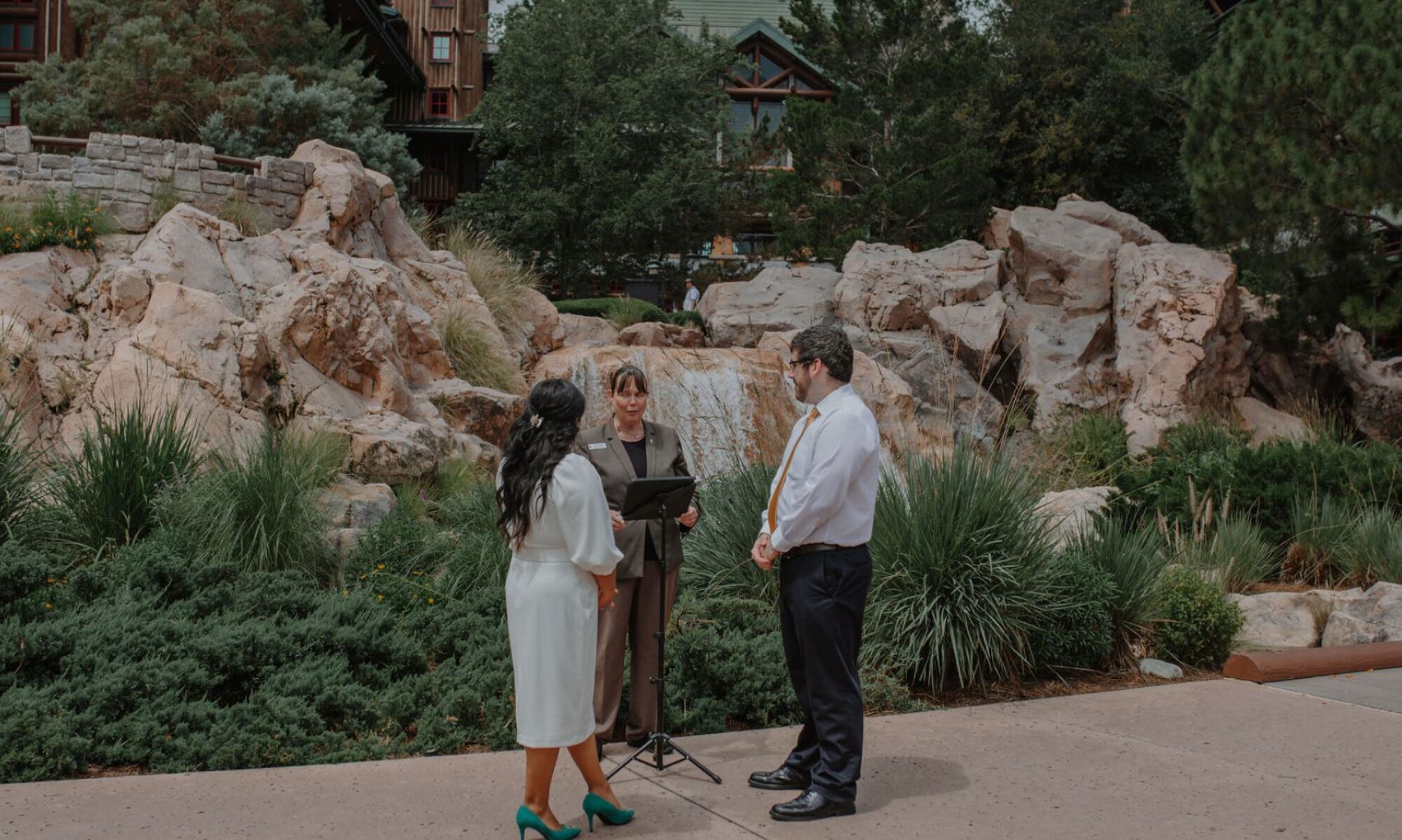Tee is an IAOPCC Certified Pet Funeral Director, and InSight Certified Funeral Celebrant, and a certified Humanist Celebrant.
Losing a beloved pet can be one of the most profound losses we experience. For many of us, our pets are family, companions, and even emotional support. While grief for pets is deeply felt, society often doesn’t give us permission to mourn them as openly as we might a human loved one. Pet memorial ceremonies are a powerful way to honor their lives and the unconditional love they shared with us.
Why Pet Memorials Matter
Creating a dedicated space and time to remember a pet is an important step in the grieving process. Memorials give us an opportunity to reflect on the joy our pets brought to our lives, connect with others who understand the depth of our bond, and begin to heal.
Creative Ideas for Pet Memorials
As a Certified Pet Funeral Director with the IAOPCC, I’ve learned how meaningful personalized pet remembrance ceremonies can be. Here are some unique ways to honor your pet’s memory:
- Memory Walks: Organize a walk along your pet’s favorite trail or park, sharing stories and memories along the way.
- Pet Cemetery: Graveside service and burial in a final resting place, whether a dedicated pet cemetery or a pet memorial area of your property.
- Memory Keepsakes: Incorporate items like their collar, a paw print, or their favorite toy into the ceremony.
- Plant a Living Tribute: Plant a tree or flowers in their favorite spot in the yard as a lasting memorial.
- Art and Creativity: Commission a portrait, create a scrapbook, or write a poem that captures their spirit.
- Candlelight Ceremonies: Invite friends and family to light candles and share a moment of silence or reflection, or share a story.
- Scattering Ceremony: committing your pet’s ashes in a place they loved to play, or in a place that has special meaning in your relationship with your pet.
How a Celebrant Can Help
A Celebrant composes, choreographs, and officiates a ceremony. An end-of-life ceremony (for a person or a pet) serves an essential purpose: to celebrate the love and light they brought into our lives, to acknowledge the deep loss and grief we feel, and to create space to lean on each other for support.
Whether it’s a quiet, intimate moment with close family or a larger gathering with friends and neighbors, a thoughtful ceremony can be an important part of healing.
A Pet Memorial Service is, at its heart, like any other end-of-life ceremony—deeply personal and meaningful. It might include:
- Welcome and Opening: The Celebrant offers comforting words to set the tone, acknowledging the significance of your pet’s life and the impact of their loss.
- Meaningful Readings: These might include poetry, prose, or even a passage that reflects the unique bond you shared. For example, a reading of The Rainbow Bridge or a poem like My Forever Pet by Susanne Taylor.
- Eulogy: A heartfelt reflection on your pet’s life—their quirks, their love, and the memories they left behind. As a Celebrant, I can help you compose this.
- Sharing of Memories: Friends and family may be invited to share their favorite stories or moments with your pet, creating a tapestry of love and remembrance.
- Rituals: Simple acts can add profound meaning to the ceremony. Examples might include:
- A scattering of ashes in a favorite spot.
- A dedication of the pet’s collar with a formal presentation to the owner as a keepsake.
- Planting a tree or flowers in their honor.
- Attendees each placing a memorial rock in a garden, planting a flower, or holding hands around the final resting place for a moment of silence.
As a professional pet funeral director and Celebrant, my role is to guide you through this process, ensuring the ceremony reflects your pet’s personality and your unique bond. Together, we can create a space for healing, connection, remembrance, and honor your pet’s legacy in a way that is meaningful to you and your loved ones.
Our pets may leave our lives, but they never leave our hearts.
A pet memorial is a beautiful way to celebrate the love and companionship they gave us, ensuring their legacy lives on in meaningful ways.
If you’re considering a pet memorial or need help planning one, I’m here to help. Let’s work together to honor the life of your cherished companion. You can reach me at 407-608-9242 if i can be of service to your family.






















